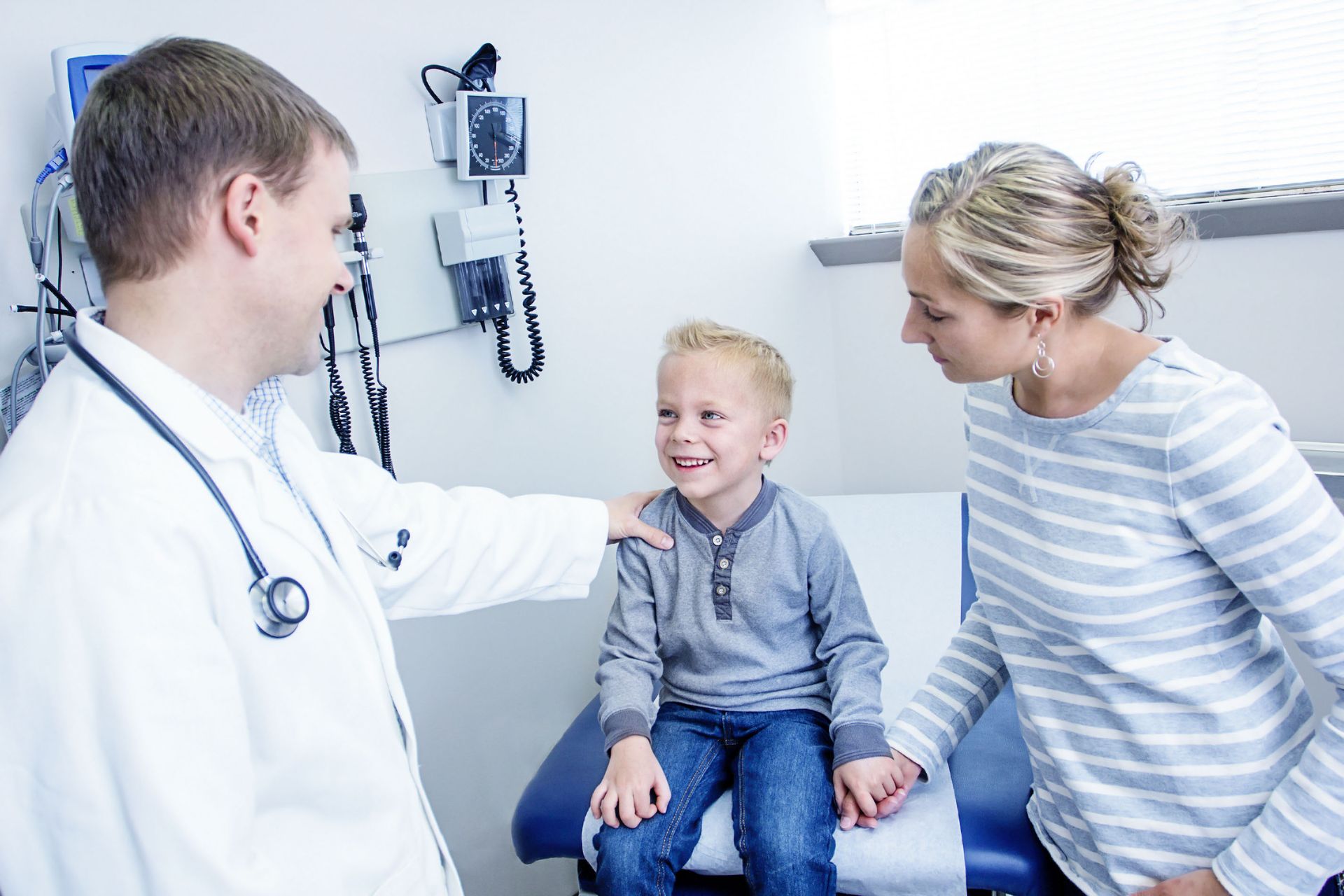How a Family Care Physician Diagnoses Illnesses
A family care physician plays a crucial role in maintaining the health and well-being of individuals and families across various age groups. These medical professionals are often the first point of contact when you begin to feel unwell or notice a specific health concern. Their ability to diagnose a wide range of conditions stems from their comprehensive training and experience in handling diverse medical issues. Understanding how family care physicians diagnose illnesses can offer insights into the value they bring to healthcare and why having a dedicated doctor is essential for both preventive and urgent care.
Gathering Patient History and Symptoms
The diagnostic process begins with a thorough medical history and a conversation about symptoms. Family care physicians take the time to listen to their patients, gathering essential details on the current health issue, personal and family medical history, lifestyle factors, and any recent changes or stressors. This information provides a context and aids in narrowing down potential diagnoses. Effective communication and patient trust are vital at this stage, allowing physicians to form a clearer picture of the patient's overall health.
Conducting a Physical Examination
Physical examinations are another critical component of diagnosis. During an exam, a family care physician will assess vital signs, examine the affected area, and look for other physical cues that may indicate the underlying cause of the problem. This hands-on approach allows doctors to gather information that may not be evident through conversation alone. Despite the availability of advanced medical technology, these basic examination skills remain indispensable in a physician's diagnostic toolkit.
Bridging Diagnostic Gaps for Younger Generations
According to Healthcare IT News, only 67% of millennials have a primary care physician. Given the shift in healthcare habits from the younger generation, the role of family care doctors in diagnosing illnesses becomes even more pronounced. These physicians not only address acute concerns but also guide patients through necessary diagnostic tests and specialist referrals, ensuring comprehensive care. They help demystify medical processes, making healthcare more accessible and less intimidating for younger generations who may often rely on urgent care or virtual consultations.
A family care physician is pivotal in diagnosing illnesses due to their holistic approach that combines patient history, physical examination, and appropriate testing. Their dedication to understanding the patient's needs and circumstances enhances the accuracy of their diagnoses. Need a reliable partner in your healthcare journey? Schedule a visit with Hitchcock Family Medicine today and experience the benefits of personalized, continuous care.











Share On: